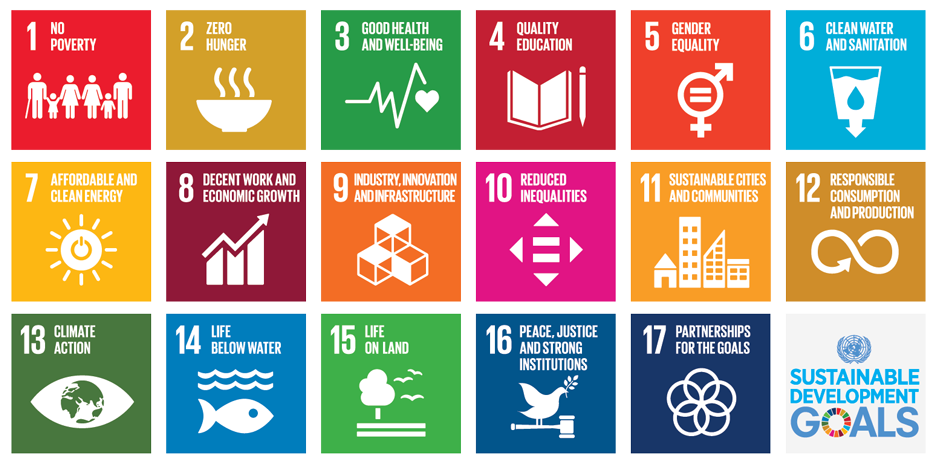Sustainability
Sustainability at Wakefield College
At Wakefield College we are passionate about sustainability and we recognise that we all have a role to support climate action to respond to the climate emergency. Human populations and activities are contributing to the build-up of manmade gases in the atmosphere which is having a huge impact on global warming, weather patterns, extreme weather conditions and our wildlife and populations. The impact of those in the world’s poorest communities is particularly significant.
Here at Wakefield College we have a Carbon Management Plan, which sets out our contribution to addressing the issues of climate change, together with financial benefits and environmental sustainability. The College has achieved a reduction of carbon of 1653 tonnes over the last ten years and aims to be carbon neutral by 2025 and Net Zero by 2035. To achieve our goals, we will continue to work with our suppliers, consultants, students, and staff to cultivate a culture of carbon reduction and environmental awareness, as an integral part of our College’s activities.
Our students play a big part in our journey. You can join our Climate Action Group and get involved in activities across College to raise awareness, take positive action and create and join our campaigns and activities which will make a real difference.
Making changes as an individual whenever you can also helps support our planet, so follow our top tips and share with your friends and family. Reduce your footprint and increase your handprint as an influencer and to raise awareness!
We pledge to act now to respond to the climate emergency
Sustainability Strategy 2023-26.pdf
6 mb · 01 September, 2023

FootPrint - The Sustainability Newsletter
Top Tips for you and your household!
1. Say no to single use plastic
Use water fountains and reusable bottles rather than single use plastic bottled drinks. That’s why we have given you this fabulous refillable water bottle made from recycled plastic, plus drinking water is great for your health and wellbeing!
2. Reuse, reduce and recycle your waste
Plastic is terrible for the environment and since the 1950s about 8.3 billion tonnes of plastic have been produced – only 9% has been recycled.
We’ve all seen the ocean pictures, plastic mountains and microplastic horror stories. It’s killing our wildlife and our eco system and by being conscious about what you buy and what you use you can reduce your plastic ending up in landfill or our oceans.
3. Support Clean Green Energy
Switch to a renewable energy tariff with your supplier. It’s that simple and as your heating system is the biggest contributor to carbon in your home this can make a big difference.
4. Get involved in climate action
As I am sure you know trees absorb carbon and release oxygen back into the atmosphere so there are plenty of charities planting more trees so you can help by raising money to fund tree planting or volunteer yourself! Plus, there are organisations that help with plastic clean ups, litter picks and also you could sign petitions and support campaigns to get governments to act further.
Governments and global corporations need to make the biggest changes and being an armchair activist by helping with petitions like those set up by groups like Greenpeace can make a difference.
5. Travel
Car share, take a walk, cycle or take the bus. All of these are more enviro friendly than individual car journeys, unless you have a fancy electric model. Cars heavily contribute to our carbon footprint. Staycations are the way to go – plane travel is a major issue.
6. Eat less meat and dairy
Meat and dairy production contributes to 14.5% of climate change gases! That’s more than all transport put together. A vegan diet has the lowest carbon footprint and you can reduce your foodprint by a quarter by cutting down on red meats due to the methane produced. Healthy diet, healthy planet!
7. Use less water
Take showers instead of baths, limit your shower time, wash-up less often and don’t put a dishwasher on half loaded. Plus use your eco settings on appliances! The more water used, the more energy it takes to produce it. Did you know you can buy water saving shower heads?
8. Buy local products (not just food)
Not only does this support local businesses but it is likely the goods have less air miles and less of a carbon footprint and quite often the amount of plastic packaging. There are now plenty of local shops where you can bring your own containers and refill.
9. Change a lightbulb
Switching to low-energy lightbulbs could be save 16 billions tonnes of carbon being added to the atmosphere over 25 years if we all did it.
10. Switch off appliances at the plug
Households waste £227m a year leaving appliances on standby.
Our commitment to the UN Sustainable Development Goals
The Sustainable Development Goals or Global Goals are a collection of 17 interlinked global goals designed to be a "blueprint to achieve a better and more sustainable future for all". The SDGs were set up in 2015 by the United Nations General Assembly and are intended to be achieved by the year 2030.

Join our Climate Action Group

